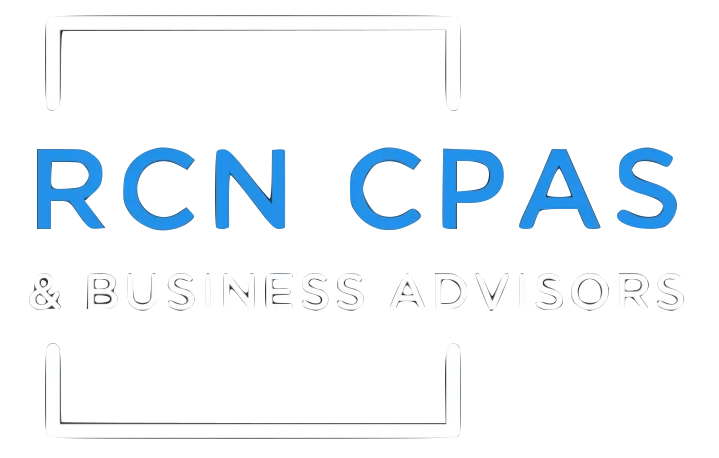What is Zero-Based Budgeting and How Can I Use It?

‘Costs do not exist to be calculated. Costs exist to be reduced’ – Taiichi Ohno.
This quote is highly relatable to any small business owner. Cutting costs is key to increasing expenses. In today’s global economy, this approach may not always work to your advantage as market uncertainty, fluctuating fuel costs, inflation, and global instability may quickly alter your annual budget. One innovative approach to this is zero budgeting, a solution that may offer a more realistic, sustainable, and better driver for growth.
With zero-based budgeting, costs are planned for from one period to the next, with the periods being shorter than the traditional annual budget. For example, a zero budget may apply for a quarter. Once the period is agreed upon, every dollar of income and expense is assigned a purpose. For the business, it becomes essential to pay attention to each line within the budget, encouraging business owners to set realistic allocations to every category.
Zero-based budgets also require review per period. This allows for making any necessary adjustments, such as increasing funds necessary or even discontinuation of expenses that are not needed. This result of zero budgeting is deeper scrutiny of expenses, opening opportunities for optimization.
Why explore zero-budgeting for your business?
Advantages of Zero Budgeting
– Increase in awareness of your cash flow
– It prevents spending on unplanned items
– Enables tracking of all expenses
– Allows for effective money management
– Highly flexible and prioritizes resource allocation efficiency
Before you jump into this novel solution, there are challenges worth considering. Understanding these challenges is the best way to mitigate them should they arise.
Disadvantages of Zero Budgeting
– Time-consuming as each period you prepare a new budget
– Focus on meeting short term needs rather than long term goals
– Taxing for managers who may have to switch priorities
– May impact customer experience relationships
Zero budgeting is most effective within a larger annual budget than a stand-alone solution. This would require setting the annual budget as a guiding document and then working with a zero budget for every quarter for the measurement of milestones. Choose this option if you seek to focus on ROI (return on investment) and improved efficiency. This is also an ideal option to optimize operations during unstable or uncertain times. Book a discovery call with an accounting expert for assistance.






